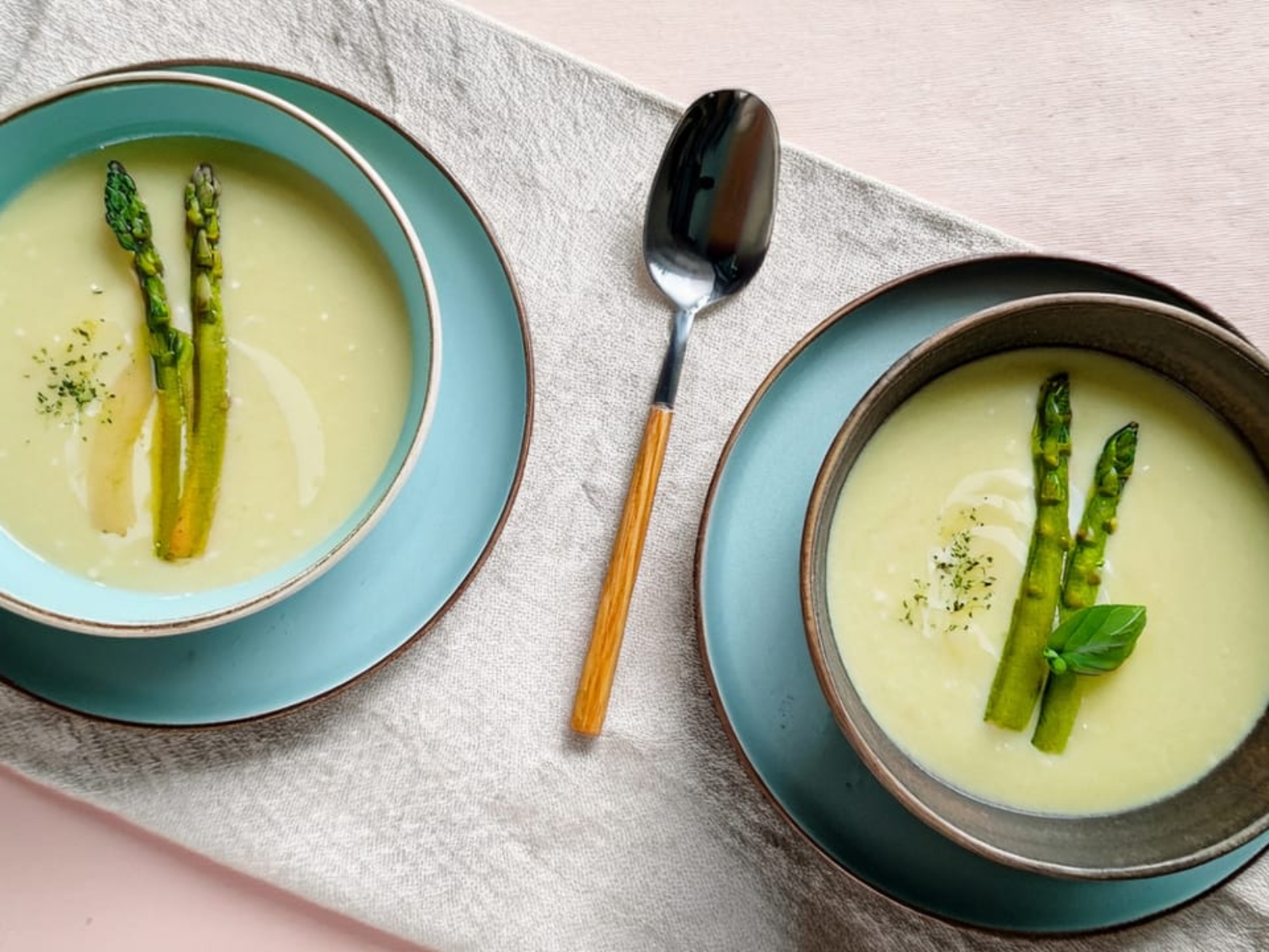Avocado: A Nutritional Powerhouse
Avocado, often dubbed as nature’s butter, is a nutrient-rich fruit that has gained immense popularity worldwide. Known for its creamy texture and mild flavor, avocado is not only delicious but also packed with health benefits. This guide delves into the fascinating world of avocados, covering their history, nutritional profile, health benefits, and versatile culinary uses.
What is Avocado?
Definition and Characteristics
Avocado is a fruit from the Persea americana tree, native to Central and South America. It has a creamy, green flesh and a large pit in the center. The skin varies from smooth to pebbly and can be green to dark purple.Origin and History
Avocados originated in the region stretching from the eastern and central highlands of Mexico through Guatemala to the Pacific coast of Central America. They have been cultivated for thousands of years, with evidence of avocado consumption dating back to 5000 BC. The fruit was introduced to the United States in the 19th century and has since become a staple in many diets.The Production Process
Growing Conditions
Avocados thrive in warm, tropical, and subtropical climates. They require well-drained soil and plenty of sunlight.Harvesting
Avocados are harvested by hand once they reach maturity but before they ripen. The fruit ripens off the tree.Processing and Packaging
After harvesting, avocados are sorted, washed, and graded based on size and quality. They are then packed and transported to markets worldwide.Varieties of Avocado
Hass Avocado
The most popular variety, known for its pebbly skin and rich, creamy flesh.Fuerte Avocado
A smooth-skinned variety with a slightly nutty flavor and less oily texture.Bacon Avocado
A milder, less oily variety with smooth, green skin.Hearty Vegan Lentil Soup – Protein-Packed & Comforting
Find the perfect ceramic bowl on Amazon When the weather cools down, we crave something warm, filling, and hearty—and this Vegan Lentil Soup is t ...
Vegan Baked Potato Soup – Creamy, Comforting & Dairy-Free
Find the perfect ceramic bowl on Amazon Few things say cozy comfort food like a warm bowl of baked potato soup. There’s something about that rich ...
Vegan Lemon Bars – Tangy, Creamy & Irresistibly Delicious
Find the perfect ceramic plate on Amazon There’s something magical about lemon desserts—that perfect balance of tangy, sweet, and creamy that kee ...
Creamy Asparagus-Potato Soup – A Velvety, Comforting Vegan Delight
Find the perfect ceramic dinnerware set on Amazon There’s something incredibly comforting about a warm, velvety soup—especially one made with fre ...
Mediterranean Shaved Asparagus Salad – Fresh, Zesty & Healthy Vegan Salad
Find the perfect ceramic plate on Amazon If there’s one thing we love about Mediterranean-inspired salads, it’s how they manage to be light, refr ...
Nutritional Information
Caloric Content
One medium avocado (about 150 grams) contains approximately 240 calories.
Macronutrients
– Fat: 22 grams (mostly monounsaturated fats)
– Carbohydrates: 12 grams
– Fiber: 10 grams
– Protein: 3 grams
Vitamins and Minerals
Avocados are rich in vitamins C, E, K, and B-6, as well as folate, magnesium, and potassium.
What are possible health benefits of avocado?
Heart Health
The monounsaturated fats in avocados help reduce bad cholesterol levels, supporting heart health.
Weight Management
High fiber content and healthy fats promote satiety, aiding in weight management.
Skin and Hair Health
Vitamins E and C, along with healthy fats, contribute to healthy skin and hair.
Digestive Health
The fiber in avocados aids in digestion and helps maintain a healthy gut.
What are popular culinary uses of avocado?
Salads
Avocado adds a creamy texture and rich flavor to salads.
Smoothies
Blending avocado into smoothies creates a thick, creamy consistency.
Avocado Toast
A popular breakfast option, mashed avocado spread on toast, often topped with various ingredients like tomatoes, eggs, or spices.
What does avocado pair with?
Proteins
Avocado pairs well with proteins like chicken, salmon, and eggs.
Fruits and Vegetables
Combines excellently with tomatoes, citrus fruits, and leafy greens.
Grains
Enhances dishes like quinoa, rice, and whole grain breads.
Serving Suggestions
Presentation Tips
Serve avocado in slices, cubes, or mashed, and add a sprinkle of salt and pepper for simple enhancement.
Complementary Ingredients
Ingredients like lime juice, olive oil, and sea salt enhance the natural flavors of avocado.
Popular Recipes
Guacamole
A classic Mexican dip made with mashed avocados, lime juice, cilantro, onions, and tomatoes.
Avocado Salad
A refreshing salad combining avocado, tomatoes, cucumbers, and a light vinaigrette.
Avocado Smoothie
A creamy smoothie made with avocado, spinach, banana, and almond milk.
Storing Avocado
Refrigeration Tips
Store ripe avocados in the refrigerator to extend their shelf life. If cut, sprinkle with lemon juice, cover with plastic wrap, and refrigerate.
Shelf Life
Unripe avocados can be stored at room temperature until they ripen, typically within 2-7 days. Ripe avocados last about 2-3 days in the refrigerator.
Signs of Spoilage
Dark, stringy flesh and an off smell indicate that the avocado is no longer good to eat.
Avocado in Different Cuisines
Mexican Cuisine
Avocado is a staple in Mexican dishes like guacamole, tacos, and salads.
American Cuisine
Popular in salads, sandwiches, and as a topping for burgers and toast.
Fusion Dishes
Used in sushi rolls, smoothie bowls, and other creative culinary fusions.
Growing Avocado at Home
Required Materials
You need an avocado pit, soil, a pot, and water.
Planting Instructions
1. Remove and Clean the Pit: Carefully remove the pit from the avocado and clean it.
2. Germinate the Pit: Insert toothpicks into the pit and suspend it over a glass of water, covering the bottom inch of the pit with water.
3. Plant the Seedling: Once roots and a stem sprout, plant the pit in a pot with soil, leaving half of it exposed.
Tips for Success
Ensure the plant gets plenty of sunlight and water it regularly but avoid waterlogging.
Avocado vs. Other Fruits
Nutritional Comparison
Compared to other fruits, avocados are higher in healthy fats and lower in sugar.
Taste and Texture Differences
Avocados have a unique creamy texture and mild flavor that distinguishes them from sweet or tart fruits.
Culinary Applications
While many fruits are used in desserts, avocados are versatile and can be used in both savory and sweet dishes.
Buying Avocado
What to Look For
Choose avocados that are firm but yield to gentle pressure when ripe.
Best Brands
Hass is the most popular variety and is widely available. Brands like Calavo and Mission also offer high-quality avocados.
Shopping Tips
Buy avocados at different stages of ripeness to ensure a continuous supply.
FAQs About Avocado
Common Questions and Answers
1. Can you freeze avocado?
Yes, avocados can be frozen, but their texture may change.
2. How long does it take for an avocado to ripen?
Typically, it takes 2-7 days at room temperature.
3. Is avocado a fruit or a vegetable?
Avocado is a fruit.
4. Can you eat the skin of an avocado?
No, the skin is inedible and should be discarded.
5. What is the best way to ripen an avocado?
Place it in a brown paper bag with an apple or banana to speed up the ripening process.
Avocado is a versatile and nutritious fruit that can be enjoyed in various culinary applications. From its rich history and numerous health benefits to its delicious flavor and texture, avocados have earned their place in kitchens around the world. Embrace the many ways to incorporate this superfood into your diet for a healthy and tasty experience.
How should avocado be served?
Serve avocado sliced, cubed, or mashed, and seasoned with salt, pepper, or lime juice.
Is avocado keto-friendly?
Yes, avocados are low in carbs and high in healthy fats, making them suitable for a keto diet.
Can vegans eat avocado?
Yes, avocados are plant-based and suitable for vegans.
What are some unique ways to use avocado?
Try using avocado in desserts like avocado chocolate mousse or adding it to smoothies for extra creaminess.
Where can I buy fresh avocados?
Avocados can be purchased at most grocery stores, farmers’ markets, and online retailers.
Delicious Roasted Cauliflower and Quinoa Salad: A Healthy, Flavor-Packed Meal
Find the percfect ceramic plate on Amazon Welcome to Our Wholesome Kitchen! 🌟 Hello, fellow food enthusiasts! We’re thrilled to share one o ...
The Best Homemade Creamy Coleslaw Recipe
Find the perfect salad bowl on Amazon The Creamy Coleslaw Recipe You’ll Make Again and Again - Why We Love Coleslaw Coleslaw holds a special ...
Vegan Brussels Sprout Gratin Recipe: Creamy, Cheesy, and Dairy-Free
Find the perfect ceramic oven dish on Amazon Vegan Brussels Sprout Gratin: Creamy, Cheesy, and Comforting! As the temperatures drop and the ...










